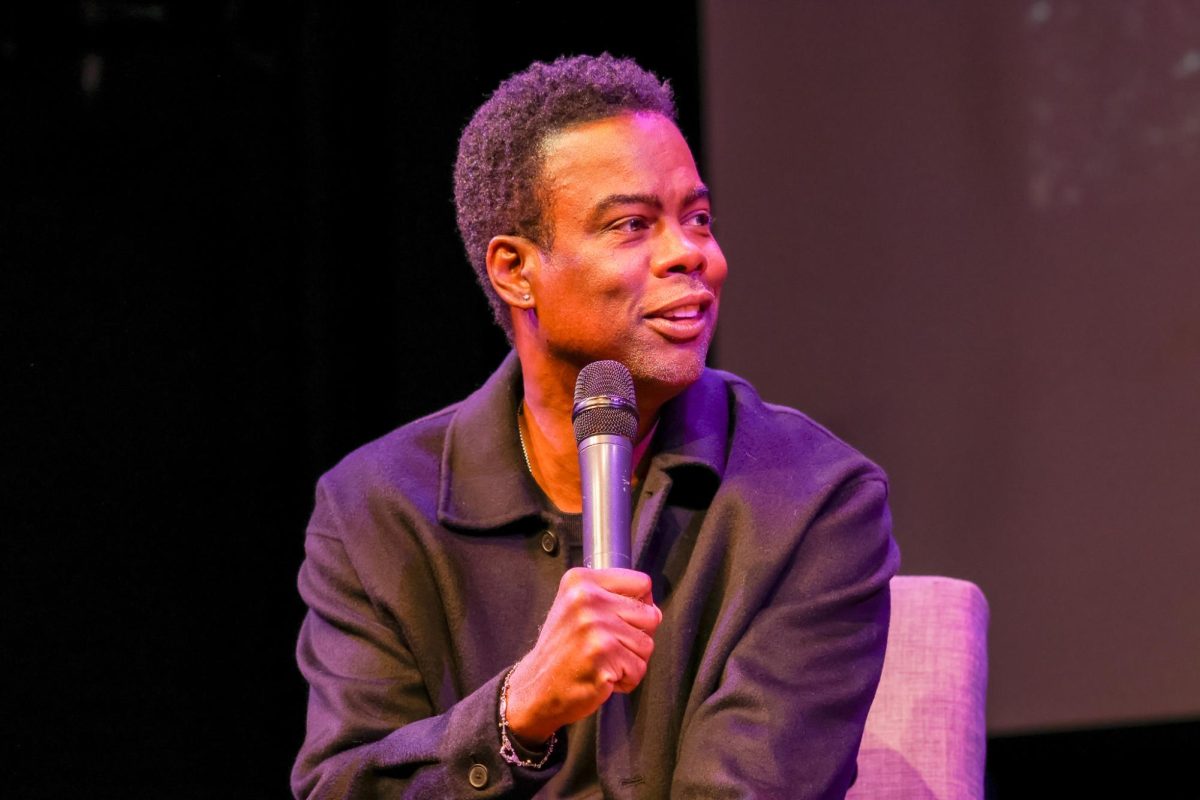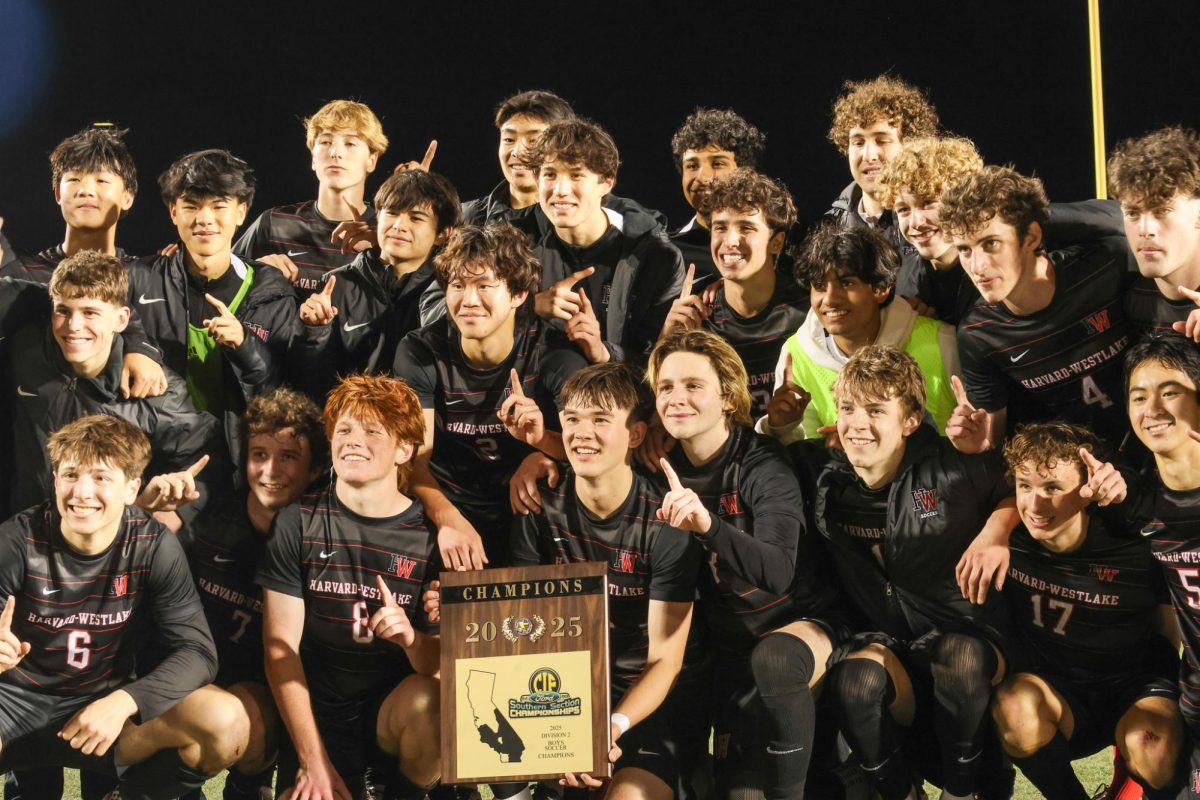Affinity groups and counselors addressed bullying and marginalization on campus after a threatening social media message posted by Jonathan Martin ’08 alluded to bullying. The post resulted in school closure Feb. 23.
Martin expressed that his resentment toward the school emerged from the isolation he experienced as one of the few minority students on campus in a Facebook post in 2015.
“You learn to tone down your size and blackness by becoming shy, introverted, friendly, so you won’t scare the little rich white kids or their parents,” Martin wrote in the post. “Neither black nor white people accept you because they don’t understand you. It takes away from your self-confidence, your self-worth, your sanity.”
The post prompted the athletic department to reexamine its approach to monitoring the wellbeing of student athletes in 2015, according to Athletic Director Terry Barnum.
Members of the student affinity groups on campus also said that Martin’s threat led them to re-evaluate how they address mental health.
“In terms of mental health awareness, I feel like most of the affinity clubs haven’t really touched upon it in any of our club meetings, and I think that after the incident with Jonathan Martin, we realized that we should be having these types of conversations [regarding] the intersectionality between ableism and whatever other identity you have,” affinity group member Daniel Varela ’18 said.
By fostering discussions about ethnic and cultural identity in weekly meetings, BLACC Faculty Leader and upper school dean Chris Jones said that the club is able to provide support for underrepresented students on campus.
“When you get kids who are coming into a space where they understand that they are one of few [and you are] able to bring them in and know that they have a shared experience and can talk about that shared experience, there’s support that comes through that and I think that that’s really helpful for the kids,” Jones said.
To further provide support, school counselors will continue to open their offices to students impacted by bullying and suffering from mental health problems, counselor Luba Bek said.
In light of the allegations, faculty said they are hopeful that the variety of resources on campus will be able to minimize the bullying and exclusion Martin alluded to.
“Creating spaces where [students] can let their hair down and just talk about what they want without the nervousness of being judged for having opinions that are different from the majority makes them feel good,” Jones said. “They are able to talk about things in a way that makes them feel like they are not alone.”
Categories:
School addresses bullying, marginalization following security threat
March 21, 2018
More to Discover



































